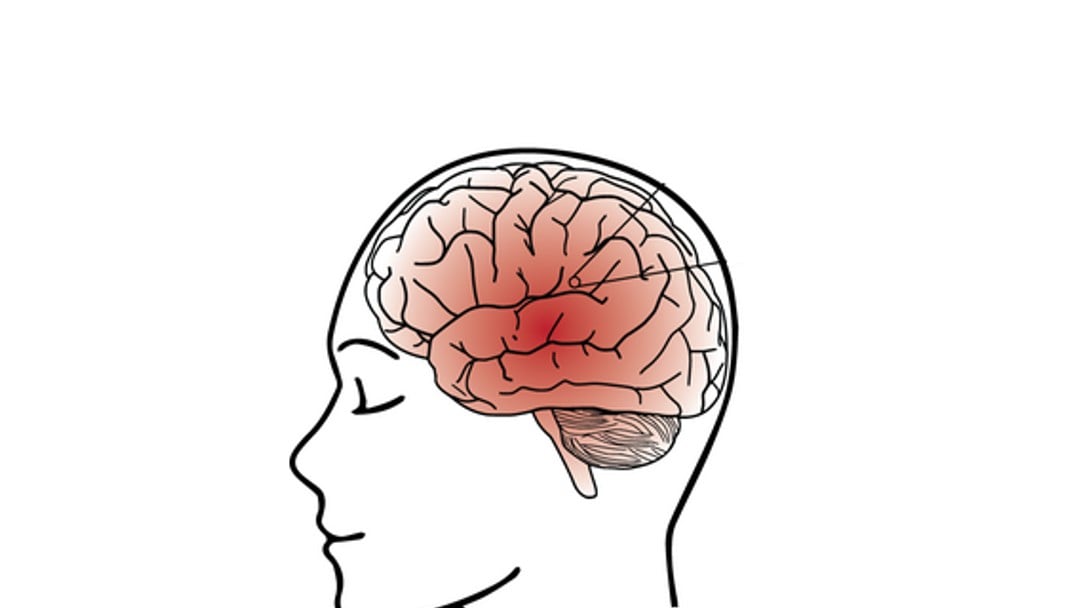Woman awarded damages for brain infection case

By Law News
Woman receives £1.65 million after negligent treatment led to brain infection and long-term neurological issues
A woman, referred to as “Helen,” has secured £1.65 million in compensation after suffering severe neurological injuries following a brain infection caused by a HALO fixation device that medical experts later determined she did not need. Helen’s journey highlights significant oversights in her care that led to her current health struggles.
In 2014, Helen was struck by a car while cycling in central London. Emergency responders took her to the Royal London Hospital, where she underwent a CT scan, revealing a stable fracture in her C1 vertebra. Despite showing no signs of neurological impairment, Helen was advised to wear a HALO fixation device, which involves drilling pins into the skull to immobilise the neck. Helen asked about alternative treatments, but was told that there were none, leaving her feeling pressured to consent.
After the device was fitted, a junior doctor accidentally drove one of the pins into her skull, causing Helen intense pain and leading to complications that went unrecognised at the time. She soon began experiencing severe headaches, dizziness, and nausea. When readmitted to the hospital, it was discovered that the pin had indeed breached her skull. Although the device was removed, the treatment left Helen vulnerable to infection. Without being given antibiotics upon discharge, her condition worsened, ultimately leading to a brain abscess.
As a result, Helen suffered a stroke and required emergency brain surgery, which involved removing part of her skull. Over the years, repeated procedures were necessary to address ongoing infections, and she now lives with impaired vision, left-sided weakness, and post-traumatic stress disorder.
Leigh Day solicitor Anna Brothers, a partner in the firm’s clinical negligence department, represented Helen. Working alongside experts in neurosurgery, neurology, microbiology, and psychiatry, they determined that Helen’s spinal fracture could have healed without the HALO device and identified multiple missed opportunities to address her infection before it escalated. Following the hospital’s admission of liability, Helen initially received a compensation offer of £500,000. However, her legal team advised against accepting, as it would not fully cover her ongoing and future needs. After further negotiations, Helen’s team secured £1.65 million in compensation.
Anna Brothers commented:
“This case underscores the importance of informed patient consent and the duty of medical professionals to ensure that patients are fully aware of their options. While compensation cannot undo the harm Helen has endured, we hope it will support her in rebuilding her life and pursuing her ongoing recovery.”

